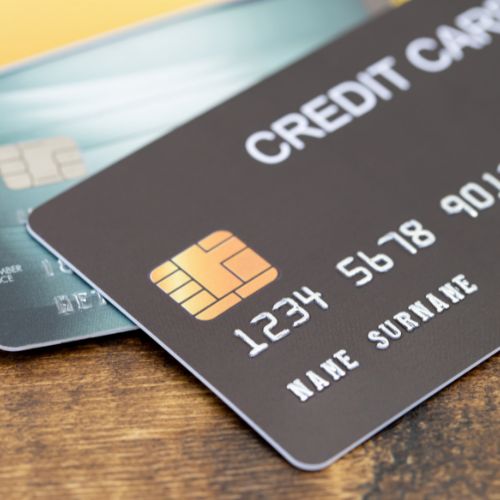Are you considering freezing your credit but concerned about the impact it might have on your credit score? It’s a common question that many individuals have, and understanding the relationship between freezing your credit and your credit score is crucial. In this post, we’ll delve into the details to answer the burning question: Does freezing your credit affect your credit score?
We’ll explore the effects of credit freezes, how they differ from credit locks, and provide insights into how freezing your credit can potentially impact your overall creditworthiness. So, let’s dive in and uncover the truth behind this important financial decision.

What Does it Mean to Freeze Your Credit?
Freezing your credit refers to the act of placing a security freeze on your credit reports with the three major credit bureaus: Equifax, Experian, and TransUnion. It is a proactive measure that restricts access to your credit information, making it difficult for identity thieves and fraudsters to open new accounts or loans in your name.
When you freeze your credit, the credit bureaus are required to put a hold on releasing your credit report to potential lenders unless you provide explicit authorization to lift the freeze temporarily. It essentially adds an extra layer of protection to your personal and financial information, safeguarding you against unauthorized access and potential identity theft.
Does Freezing Your Credit Lower Your Credit Score?
No, freezing your credit does not lower your credit score. When you freeze your credit, it has no direct impact on your creditworthiness or credit score calculation. The credit bureaus do not consider the act of freezing your credit when determining your credit score.
Credit freezes are designed to protect your credit information and prevent unauthorized access, but they do not affect the factors that influence your credit score, such as payment history, credit utilization, length of credit history, types of credit, and new credit applications.
It’s important to note that while freezing your credit doesn’t lower your credit score, it also doesn’t improve it. Freezing your credit primarily serves as a security measure rather than a tool for credit score enhancement.
Does Freezing Your Credit Increase Your Credit Score?
Freezing your credit does not directly increase your credit score. The primary purpose of freezing your credit is to protect your personal and financial information from unauthorized access and potential identity theft. While it does provide an extra layer of security, it doesn’t have a direct impact on the factors that determine your credit score.
However, by freezing your credit and preventing unauthorized individuals from opening new accounts or loans in your name, you are taking proactive measures to safeguard your creditworthiness. By reducing the risk of identity theft and fraudulent activity, you are indirectly protecting your credit score from potential negative impacts caused by unauthorized actions.
Maintaining a strong credit score is crucial for obtaining favorable loan terms, lower interest rates, and other financial opportunities. Freezing your credit can help prevent others from harming your credit score by deterring fraudulent activity and ensuring that only authorized individuals have access to your credit information. It’s an important step towards maintaining a healthy credit profile and overall financial well-being.
How Do You Freeze Your Credit?
Freezing your credit may seem like a daunting task, but it is not as difficult as you may think.
To freeze your credit, follow these general steps:
- Contact the three major credit bureaus: Equifax, Experian, and TransUnion. You can visit their websites or call their dedicated freeze hotline numbers.
- Provide your personal information: Each bureau will require specific personal details, such as your name, address, date of birth, and Social Security number, to verify your identity.
- Request a credit freeze: Inform the credit bureau that you want to freeze your credit. You may need to follow their specific procedures or complete an online form.
- Receive a confirmation: After submitting your request, the credit bureau will provide you with a unique personal identification number (PIN) or password. This PIN will be necessary if you decide to lift or remove the freeze temporarily in the future.
- Repeat the process with each bureau: Remember to freeze your credit with all three credit bureaus to ensure comprehensive protection.
- Keep your PIN safe: Store your PIN in a secure location, as you’ll need it to manage your credit freeze in the future.
It’s important to note that freezing your credit is generally free of charge. However, if you wish to temporarily lift or remove the freeze, there may be fees associated with that process.
